During my 27 years as a Foreign Service officer, I was present at a number of summit meetings between U.S. and Soviet or Russian leaders, during both Republican and Democratic administrations. Some summits went well. Some went poorly. In every case, however, the American public knew very quickly—usually within hours—what agreements their president had reached with his Soviet or Russian counterpart.
Three days now have passed since Presidents Donald Trump and Vladimir Putin met in Helsinki. Russian officials are talking about agreements coming out of that meeting, but Americans have no idea what was agreed. This is not normal.
What we do know about Helsinki largely comes from the joint Trump-Putin press briefing, perhaps the most embarrassing post-summit press conference performance ever by an American president. The presidents described the topics they discussed but offered no detail on any agreements.
The summit did not produce a joint statement, which typically offers the vehicle to record and report on agreements reached. Following a more normal summit, National Security Advisor John Bolton or Secretary of State Mike Pompeo, who took part in the larger meeting following the Trump-Putin one-on-one session, would have briefed the press on the summit results, including any agreements. Alternatively, Bolton or another senior National Security Council official would have briefed the press on background.
None of that has happened.
Russia says agreements reached
Moscow appears delighted with the summit outcome. Foreign Minister Sergey Lavrov told the press on Monday that the summit was “Fabulous…better than super.” By contrast, Pompeo declined to talk to the press.
The Russians think that agreements were reached. On Tuesday, the spokesperson for the Russian Ministry of Defense said “The Russian Defense Ministry is ready for practical implementation of the agreements in the sphere of international security.” On Wednesday, Russian Ambassador to the United States Anatoly Antonov said Helsinki produced “important verbal agreements.”
Today, Putin told Russian diplomats that his meeting with Trump was “successful overall and led to useful agreements.”
Agreements? We have heard virtually nothing from the American side.
Agreements could be good…
To be sure, some possible agreements would be very much in the U.S. national interest. Extension of the 2010 New Strategic Arms Reduction Treaty would keep in place until 2026 that agreement’s limits on Russian strategic forces as well as its data exchanges and inspections that yield lots of detailed information about Russian nuclear missiles and bombers. An intensified effort to resolve compliance concerns regarding the 1987 Intermediate-range Nuclear Forces Treaty could preserve that agreement’s important security benefits.
The presidents might also have agreed to intensify contacts between Chairman of the Joint Chiefs of Staff Joe Dunford and Chief of the Russian General Staff Valery Gerasimov. They could discuss steps to reduce the risk of miscalculation or accident when U.S. and Russian military forces operate in close proximity, building on the successful deconfliction channel the two militaries operate in Syria.
Additionally, Trump and Putin might have agreed to energize U.S.-Russian discussions to facilitate implementation of the Minsk agreements to end the Russian-Ukrainian conflict in the Donbas region, a conflict that has taken more than 10,000 lives over the past four years. A settlement and restoration of Ukrainian sovereignty over the Donbas would remove a major problem from the U.S.-Russian agenda.
All of these agreements would be useful. They would advance U.S. interests. But we do not know whether they happened.
…Or bad
The White House has discussed one possible agreement, however. Putin said Special Counsel Robert Mueller could meet with Russian investigators to discuss the hacking of the Democratic National Committee emails if Russian investigators could question former U.S. Ambassador to Russia Michael McFaul and other U.S. officials regarding the activities of British businessman Bill Browder.
That would yield nothing of value for the United States. Would the Russians really help Mueller’s team learn more about the actions of Russian military intelligence officers? Of course not. They instead would seek to learn what sources and methods the U.S. intelligence community used to gain the information revealed in last week’s indictment. Moreover, agreement to this kind of deal would put Russia’s interference in the U.S. election on par with Moscow’s false case against Browder (Interpol consistently rejects Russian requests to arrest the British businessman).
Bizarrely, White House spokesperson Sarah Huckabee Sanders said that Trump considered this an “interesting” idea that would be considered. The State Department spokesperson more properly dismissed the idea as “absurd.”
The problem remains that Americans do not know what agreements were reached in Helsinki. They could be good or bad. The Trump administration should fix this as soon as possible by disclosing what the president agreed to at the summit. Until it does, given the obsequious manner in which Trump deals with Putin, the White House should not be surprised that so many assume the worst.
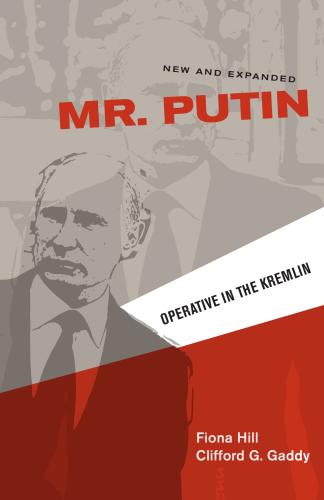
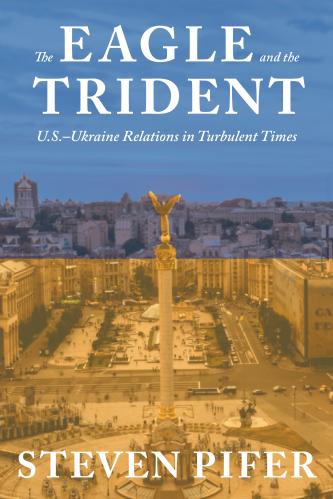
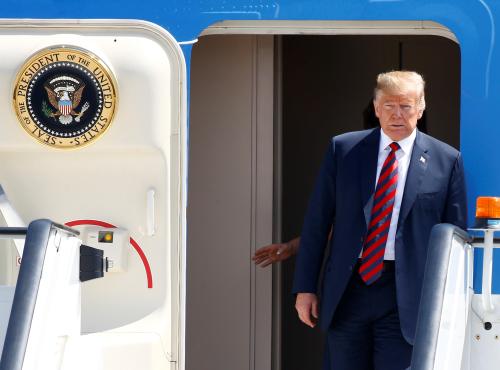
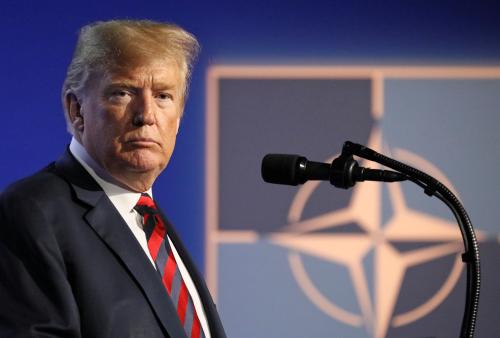


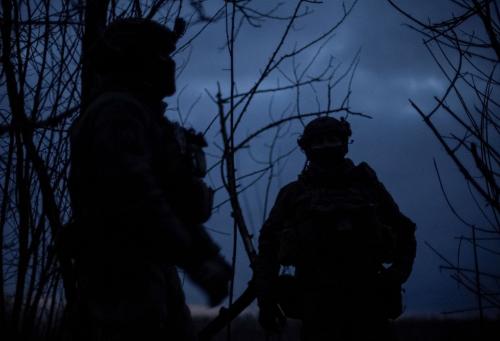
Commentary
What Helsinki agreements? This is not normal
July 19, 2018